The West and Central Africa Council for Agricultural Research and Development (CORAF) holds it 12th┬áGeneral Assembly in Dakar, Senegal from April 10-12, 2018 under the theme ÔÇťWhat is CORAFÔÇÖs Future in a Constantly Changing Regional and International Environment?
Also Read: Read proceedings of 4th Science Week and 11th General Assembly held in Niamey, Niger in 2014
CORAF coordinates the national agricultural research systems of 23 countries and is committed to prosperity, food, and nutrition security for over 400 million people.
Representatives of farmer groups, the private sector, policy, and decision-makers from the agricultural sector as well as researchers from West and Central Africa are expected to participate in the three-day event.
Senegalese Minister of Agriculture and Rural infrastructure, His Excellency Dr. Papa Abdoulaye SECK will preside over the opening ceremony in the presence of development partners and representatives of regional economic communities.
Reviving Agricultural Research and Development (R&D)
This 12th General Assembly is expected to examine and adopt lasting reforms to position CORAF on a new path to results and be able to contribute more to improving the agriculture industry in West and Central Africa.
Most economies in both regions face high unemployment rates, particularly among youths. Food and nutrition insecurity, climate change, gender disparities, and massive migration of youths to unknown destinations remain pressing challenges. Governments look up to the agriculture sector and particularly research for solutions to these hurdles.
CORAF has since last year consulted extensively with its major actors. The result has been a new 2018-2027 strategy and 2018-2022 operational plan which was approved by its Governing Board in November 2017.
ÔÇťThe 12th General Assembly is a decisive step in the ongoing reforms undertaken by CORAF. As the supreme body of the organization, endorsing our new strategic direction could consolidate the ongoing reforms and send a strong signal to carry on the current trajectory of improved results and impact for the benefit of the people of West and Central Africa,ÔÇŁ says Dr. Abdou Tenkouano, Executive Director of CORAF.
ÔÇťWe look forward to achieving the required consensus so that we can collectively turn our attention to making CORAF organizational efficient and financially sustainable.ÔÇŁ
Highlights of the General Assembly include the review and adoption of CORAFÔÇÖs long-term plans, the election of new members of the Governing Board, and a Ministerial segment focused on the contribution of R&D to agriculture in the past 30 years.
What is CORAF?
CORAF is an international non-profit association of national agricultural research systems (NARS) of 23 countries, covering over forty percent of AfricaÔÇÖs population, thus making it the largest sub-regional research organization on the African continent. It was created in 1987. Before that, most NARS were weak and had limited research capacities and mostly worked in isolation. The main mandate assigned to CORAF then and now is to coordinate research and development activities in West and Central Africa. By working together, there are higher chances of developing groundbreaking and cutting-edge research outputs needed to unlock the agricultural potential of both regions.
What does CORAF do?
Leading agricultural innovation through research is central to what CORAF does. The Dakar-based research organization works collaboratively with national agricultural research systems and through regional centers of excellence to effectively tackle transversal, cross-border, and regional challenges.
What are some of its Achievements in the Region?
Under the West Africa Agriculture Productivity Program (WAAPP) which was funded by the World Bank, CORAF facilitated the generation and dissemination of over 400 technologies since 2008. The WAAPP, ranked second best-performing project by the World Bank in 2016, benefitted about 9 million people directly and 49 million people indirectly.
With many African agricultural researchers nearing retirement, the WAAPP has been able to train more than 1000 young researchers to continue to advance the agricultural research agenda in their countries.
Under the West Africa Seed Program (WASP) which was funded by USAID between 2011-2016, CORAF supported participating countries to adopt harmonized seed regulations in view of facilitating the access of quality seeds by farmers. Business models for agribusinesses are now available while actors in the private and public sector are now working together to ensure up-scaling of seed production and distribution needed for the transformation of agriculture in West Africa.
Overall, in the 30 years of the existence of CORAF, it has provided leadership and facilitation support to develop shared research goals in West and Central Africa.
ÔÇťWe donÔÇÖt say it often, but one of CORAFÔÇÖs main successes during the past 30 years has been to pull researchers from English, French, and Portuguese-speaking countries to work together to solve common regional challenges,ÔÇŁ says CORAFÔÇÖs Executive Director.
 English
English
 Fran├žais
Fran├žais 
